 |

Corruption is a research topic whose time has come, gone, and come again. The comprehensive programs of economic liberalization and privatization that have taken place in developing and post-communist nations since the 1980s were supposed to dismantle the rents of import-substitution and dirigisme. Yet it did not happen the way we were told. Economies were massively privatized, market mechanisms were adopted throughout, trade and financial regimes were deregulated, and yet, all these economic policy changes do not appear to have dissolved distributional coalitions. In fact, they appear to have merely restructured them.
Those who sold state-owned assets often ended up buying them. Those who had political power frequently used it to acquire economic power. And those with political clout rarely hesitated to use it to increase their wealth. From Russia to Argentina, and from Mexico to the Middle East, economic reform has taken place behind closed doors and through opaque mechanisms. The study of corruption, popular under the modernization paradigm of the 1960s, has made a big come back.
This paper pursues five goals. First, I review the main approaches to the study of economic reform and privatization, especially the transition from studying reform as a process imposed from above by autonomous policymaking elites, to examining that process as one driven by below by organized distributional coalitions who colluded with those policymakers. Second, I connect the literature on the political economy of reform to the literature on corruption. This is a necessary step for, once the study of reform disclosed the opacity of that process, the extant literature on corruption had a contribution to make. Third, in trying to identify the main factors that explain why governments conduct divestiture programs through opaque methods, I advance an analytical framework to account for the propensity of governments to collude with groups of beneficiaries of privatization and/or bailout programs. This framework is illustrated with empirical materials drawn from Latin American, post-communist, and Asian nations. Finally, I propose four areas of policy recommendation, where more research is needed and more resources are imperative in order to curb corruption and increase transparency and democratic accountability.?
Security & Prosperity in East Asia & the World是本不錯的商業理財﹐這樣的產品真的是讓各大廠挫咧等,相信不少網友應該看過
搶購產品
,它的評價很高,在網路上很夯,人氣蠻不錯!博客來網路書店
好看的商業理財Security & Prosperity in East Asia & the World全書的內容大意
看完心情愉快, 正能量滿滿,總會覺得彷彿一伸出雙手便能擁抱全世界!
Security & Prosperity in East Asia & the World曾在博客來 網路書店造成搶購熱潮。
Security & Prosperity in East Asia & the World購買也很便利,誠意推薦給大家看喔!
作者: 戴萬欽、趙全勝
新功能介紹- 出版社:時英
新功能介紹 - 出版日期:2008/07/01
- 語言:英文
最新與最多的商業理財,每日都有特價商品推薦是網路書店購書最佳選擇!
博客來,博客來網路書店,博客來網路書局,博客來書店,博客來網路書店歡迎您
商品訊息功能:
搶購產品
作者: 戴萬欽、趙全勝
新功能介紹- 出版社:時英
新功能介紹 - 出版日期:2008/07/01
- 語言:英文
Corruption is a research topic whose time has come, gone, and come again. The comprehensive programs of economic liberalization and privatization that have taken place in developing and post-communist nations since the 1980s were supposed to dismantle the rents of import-substitution and dirigisme. Yet it did not happen the way we were told. Economies were massively privatized, market mechanisms were adopted throughout, trade and financial regimes were deregulated, and yet, all these economic policy changes do not appear to have dissolved distributional coalitions. In fact, they appear to have merely restructured them.
Those who sold state-owned assets often ended up buying them. Those who had political power frequently used it to acquire economic power. And those with political clout rarely hesitated to use it to increase their wealth. From Russia to Argentina, and from Mexico to the Middle East, economic reform has taken place behind closed doors and through opaque mechanisms. The study of corruption, popular under the modernization paradigm of the 1960s, has made a big come back.
This paper pursues five goals. First, I review the main approaches to the study of economic reform and privatization, especially the transition from studying reform as a process imposed from above by autonomous policymaking elites, to examining that process as one driven by below by organized distributional coalitions who colluded with those policymakers. Second, I connect the literature on the political economy of reform to the literature on corruption. This is a necessary step for, once the study of reform disclosed the opacity of that process, the extant literature on corruption had a contribution to make. Third, in trying to identify the main factors that explain why governments conduct divestiture programs through opaque methods, I advance an analytical framework to account for the propensity of governments to collude with groups of beneficiaries of privatization and/or bailout programs. This framework is illustrated with empirical materials drawn from Latin American, post-communist, and Asian nations. Finally, I propose four areas of policy recommendation, where more research is needed and more resources are imperative in order to curb corruption and increase transparency and democratic accountability.?
Security & Prosperity in East Asia & the World
 |

Security & Prosperity in East Asia & the World推薦,Security & Prosperity in East Asia & the World討論,Security & Prosperity in East Asia & the World比較評比,Security & Prosperity in East Asia & the World開箱文,Security & Prosperity in East Asia & the World部落客
Security & Prosperity in East Asia & the World那裡買,Security & Prosperity in East Asia & the World價格,Security & Prosperity in East Asia & the World特賣會,Security & Prosperity in East Asia & the World評比,Security & Prosperity in East Asia & the World部落客 推薦
台灣童謠園丁-施福珍囝仔歌研究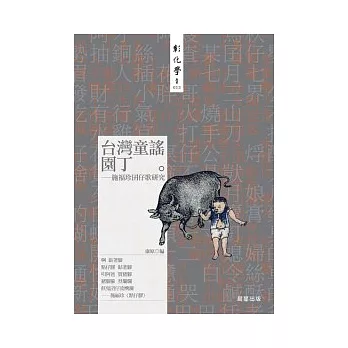 | 中華文化的傳承與創新:紀念牟復禮教授論文集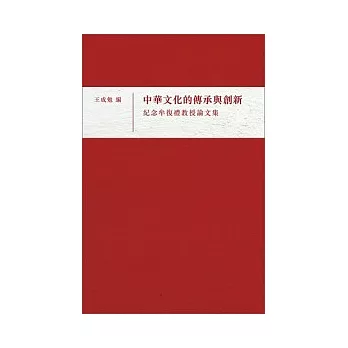 | 中西詩學的對話:北美華裔學者中國古典詩研究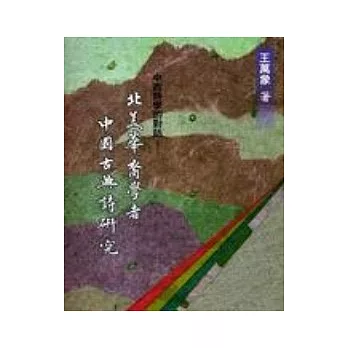 | 2008青年文學會議論文集:台灣、大陸暨華文地區數位文學的發展與變遷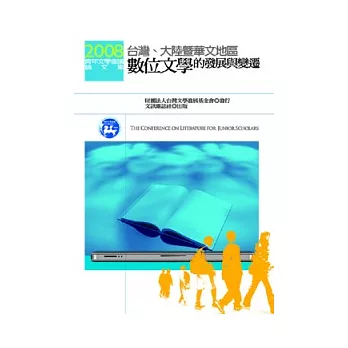 | ||||
魯迅《吶喊》《彷徨》的語法研究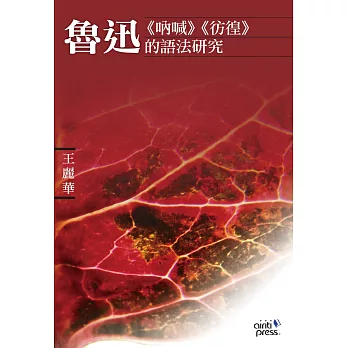 | 百年台灣文學散點透視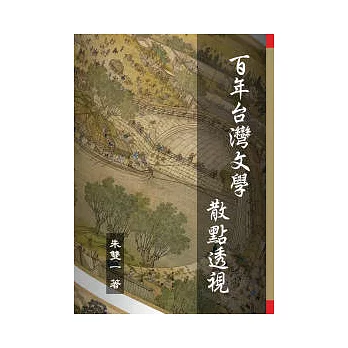 | 泥土的滋味:黃春明文學論集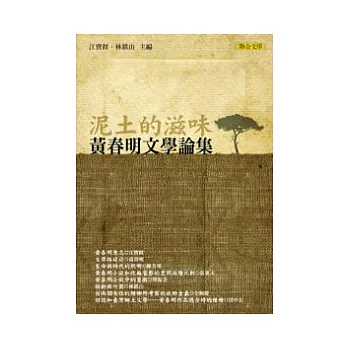 | 記憶裡的幽香:嘉義蘭記書局史料論文集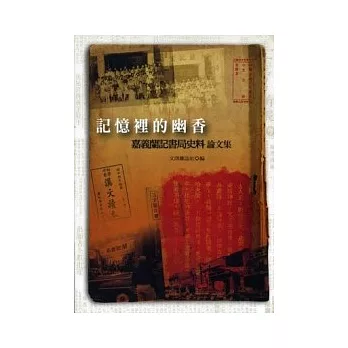 | ||||
臺灣新文學理論批評史 | 失敗的偶像──魯迅批判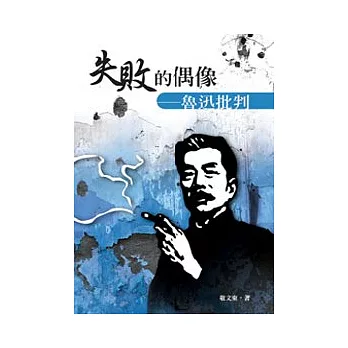 | 屈騷纂緒:楚辭學研究論集【平】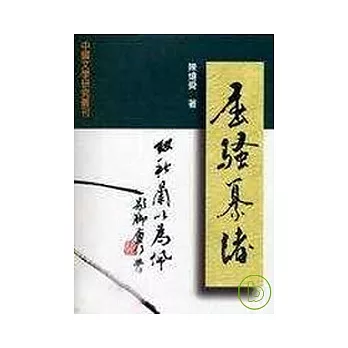 | 臺灣:從文學看歷史(平裝)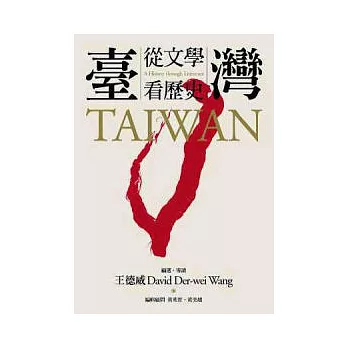 |
 |

Security & Prosperity in East Asia & the World
博客來,博客來網路書店,博客來網路書局,博客來書店,博客來網路書店歡迎您
EDE772C361809CE3
文章標籤
全站熱搜


 留言列表
留言列表


